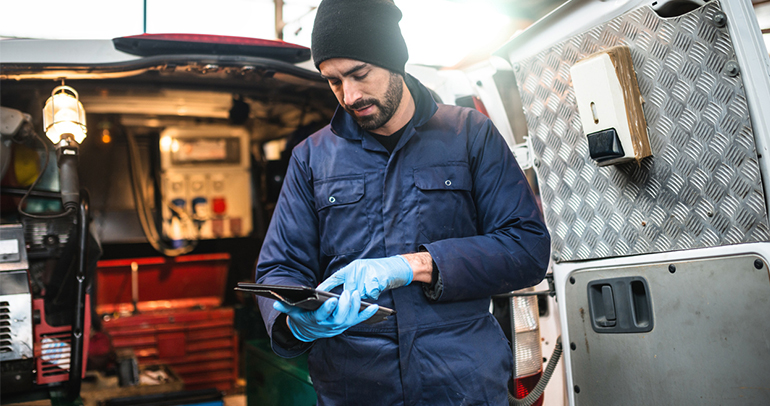
These days, almost everyone acknowledges the principle of environmental sustainability…but how far will new-car buyers go when it comes to putting those principles into practice?
Europe’s new-car buyers consider that their government should lead the development of sustainability policy and practices. In Italy and Spain, consumers are seen as next in line to take responsibility, but in the UK, Germany and France, there is a sense that both corporates and consumers should step up together to improve the situation.
So, what does the consumer/corporate choreography need to look like if everyone is to walk happily along the path toward environmental sustainability?
European New-Car Buyer Opinion on Automotive Sustainability
Escalent’s EVForward® Europe study—conducted each year among 10,000 new-car buyers in the UK, Germany, France, Italy and Spain to understand the future of battery electric vehicles (BEVs) in Europe—shows that automotive original equipment manufacturers (OEMs) need to navigate astutely on their journey toward sustainability.
According to our findings, many of Europe’s new-car buyers are far happier dispensing their sustainability responsibilities in the home and in the supermarket rather than in factors that impact their direct experience with a new car.
70% of Europe’s new-car buyers are not yet ready for recyclable materials in visible areas of their new car.
More than twice as many new-car buyers are happy to reduce food waste and energy and water consumption at home as those who are ready to look for recyclable materials in visible areas of the car.
Different Sustainability Attitudes Among European Consumers
Although most of Europe’s new-car buyers aren’t considering environmental sustainability when shopping for their next vehicle, we did find that knowing the OEM is being more sustainable increases purchase consideration among 55% of European consumers.
When it comes to buying a new car, many new-car buyers are happy to abdicate responsibility for sustainable production to OEMs with the expectation that OEMs will do everything they can to be sustainable “behind the factory gates” rather than “up close and personal” in consumers’ precious new car. Only about one-third of new-car buyers would consider the amount of carbon released during production and/or the use of recycled materials in less visible areas of the vehicle when shopping for a car. Not surprisingly, EV Owners and EV Intenders—the latter being consumers who are more than 15 times more likely to purchase a BEV than the average new-car buyer—are more likely to take sustainability factors into consideration when shopping for their next vehicle.
There are significant nuances across countries and vehicle brands owned:
- New-car buyers in Italy and Spain claim to be more influenced by sustainability principles on a daily basis than their northern European counterparts.
- Some, but not all, premium vehicle brand owners claim to be more influenced by sustainability principles but how they want to experience sustainability varies to a great degree.
- Overall, mainstream vehicle brand owners tend to be less inclined toward sustainability, but high and low points do not always appear where they might be expected.
Automotive OEMs need to understand the speed and direction in which their customers want to walk toward sustainability—and reconcile this with imperatives imposed on them by legislators. While those imperatives give OEMs relatively little space to maneuver, the ability to recognize what would be acceptable to new-car buyers in Europe will minimize the risk of a disconnect between brand promises and customer expectations.
If you’d like to learn more about European new-car buyer attitudes and our EVForward Europe findings, please send us a note by filling out the form below.
Want to learn more? Let’s connect.
About EVForward® Europe
The EVForward Europe study was conducted across five European countries: France (n=1,968), Germany (n=1,999), Italy (n=2,052), Spain (n=2,048) and the United Kingdom (n=2,115). It was a market-representative sample of 10,182 respondents and included a survey that fielded from June 30 through July 31, 2023. These respondents are 18 to 80 years of age with a primary vehicle model 2017 or newer and are planning to purchase a new vehicle within the next five years. Data were weighted by age and gender to match the demographics of the new-vehicle buyer population and by vehicle segment to match current vehicle sales. The sample for this research comes from an opt-in, online panel. As such, any reported margins of error or significance tests are estimated and rely on the same statistical assumptions as data collected from a random probability sample. Escalent will supply the exact wording of any survey question upon request.








